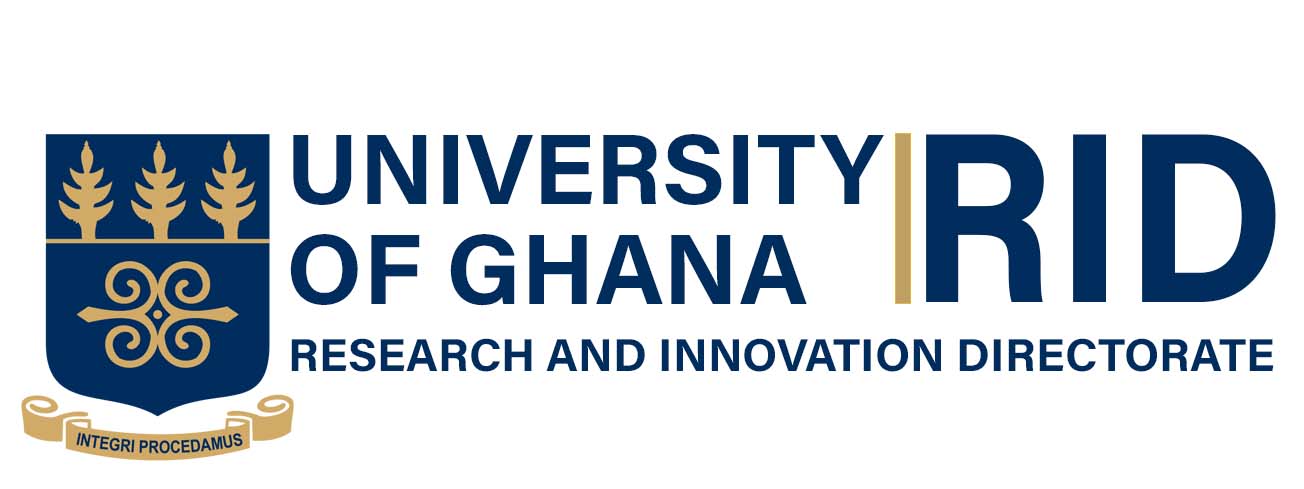The West Africa Genetic Medicine Center (WAGMAC) recently hosted a seminar aimed at educating the University Community on Genomic Medicine, while identifying the gaps and opportunities for advancing this field in Africa.
Held on Friday, February 21st, 2025, at the WAGMAC auditorium, the seminar brought together academics specializing in Genomic Medicine and experts from related fields such as Artificial Intelligence (AI) and commercialization at the University of Ghana. The event featured a distinguished panel, including Mrs. Diana Owusu Antwi, Senior Research Development Officer at the Research and Innovation Directorate, responsible for Technology Transfer, Commercialization, and Intellectual Property. Other notable panelists were Prof. Samuel Kwofie, Head of Biomedical Engineering at the Department of Engineering (UG), an inventor and AI expert, and Ms. Akosua Wereko-Ampim Owusu, a legal practitioner from the Legal Counsel’s Office (UG).
Dr. Lily Paemka, a genetic scientist from the Department of Biochemistry, Cell, and Molecular Biology (UG), delivered a compelling presentation on the gaps and opportunities in genetic medicine across Africa. She emphasized the pivotal role of the Human Genome as the blueprint of life, which enables a comprehensive understanding of human biology. Dr. Paemka explained that microscopic analysis of the genome helps identify diseases such as cancer and uncover the genetic basis of various traits and conditions. Furthermore, she highlighted how genomic medicine provides critical insights into bodily functions, including growth patterns, metabolism, and immune responses.
Dr. Paemka also delved into the variability of medication metabolism among individuals, attributing these differences to unique DNA profiles—except in the case of identical twins. She underscored the need for African scientists to conduct more genomic sequencing to identify medical solutions tailored to the African population. She pointed out that most clinical trials are conducted on European populations, which often limits the applicability of their findings to Africans.
The panel discussion, moderated by Dr. Peter Quarshie of the West Africa Centre for Cell Biology of Infectious Pathogens (WACCBIP), explored various facets of genomic medicine and its intersection with technology and law.
Mrs. Diana Owusu Antwi outlined the processes for commercialization and intellectual property (IP) protection managed by the Research and Innovation Directorate. She emphasized the University’s commitment to safeguarding intellectual property and fostering commercialization, noting recent policy revisions designed to streamline IP and commercialization pathways for faculty. Despite bureaucratic challenges that can hinder innovative research, the Intellectual Property Unit at RID actively supports faculty through the complexities of IP protection and commercialization.
Professor Kwofie provided an insightful overview of artificial intelligence, describing it as a revolutionary tool comprising algorithms trained to mimic human thought processes. He highlighted AI’s potential to enhance disease diagnosis, improve risk assessment, and facilitate pharmacovigilance and epigenetics by leveraging big data. Prof. Kwofie called for increased support and funding to develop AI tools, emphasizing their transformative potential in medical diagnostics.
Ms. Wereko-Ampim addressed the legal framework governing scientific research in Ghana, rooted in the 1992 Constitution and overseen by the Ministry of Environment, Science, and Technology. She also referenced Act 521 (1996), which established the Council for Scientific and Industrial Research (CSIR) as part of a broader framework aimed at driving research, development, and economic growth.
The seminar concluded with an engaging question-and-answer session, where participants raised queries on ethical considerations in AI usage, public health safety, and other related topics.
Overall, the seminar was highly informative, shedding light on several Ghanaian and African initiatives in which the University of Ghana is actively involved, including the H3Africa (Human Heredity and Health in Africa) project and the SickleGenAfrica Network. The event underscored the importance of genomic medicine and the collaborative efforts needed to harness its potential for the benefit of Africa.

